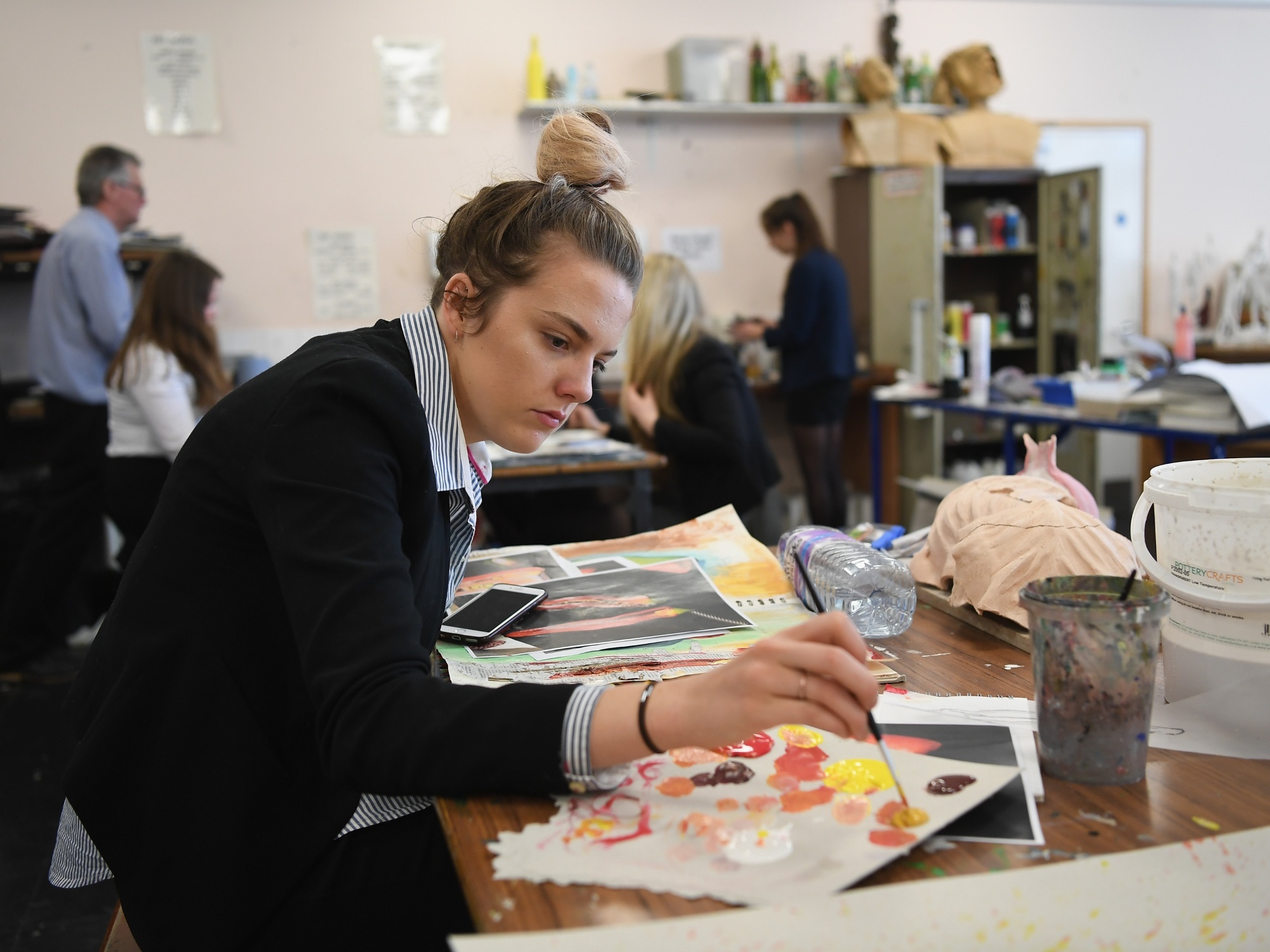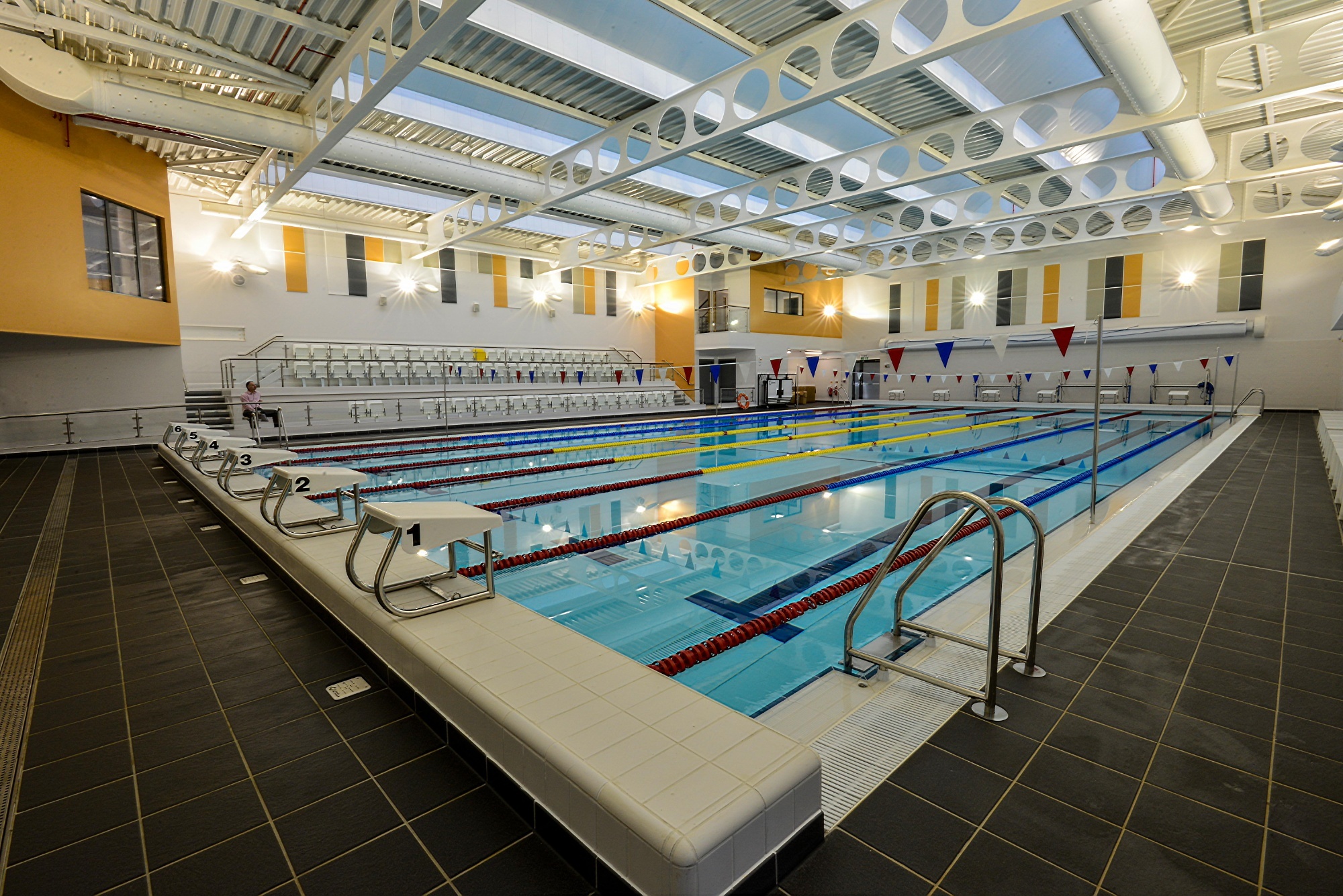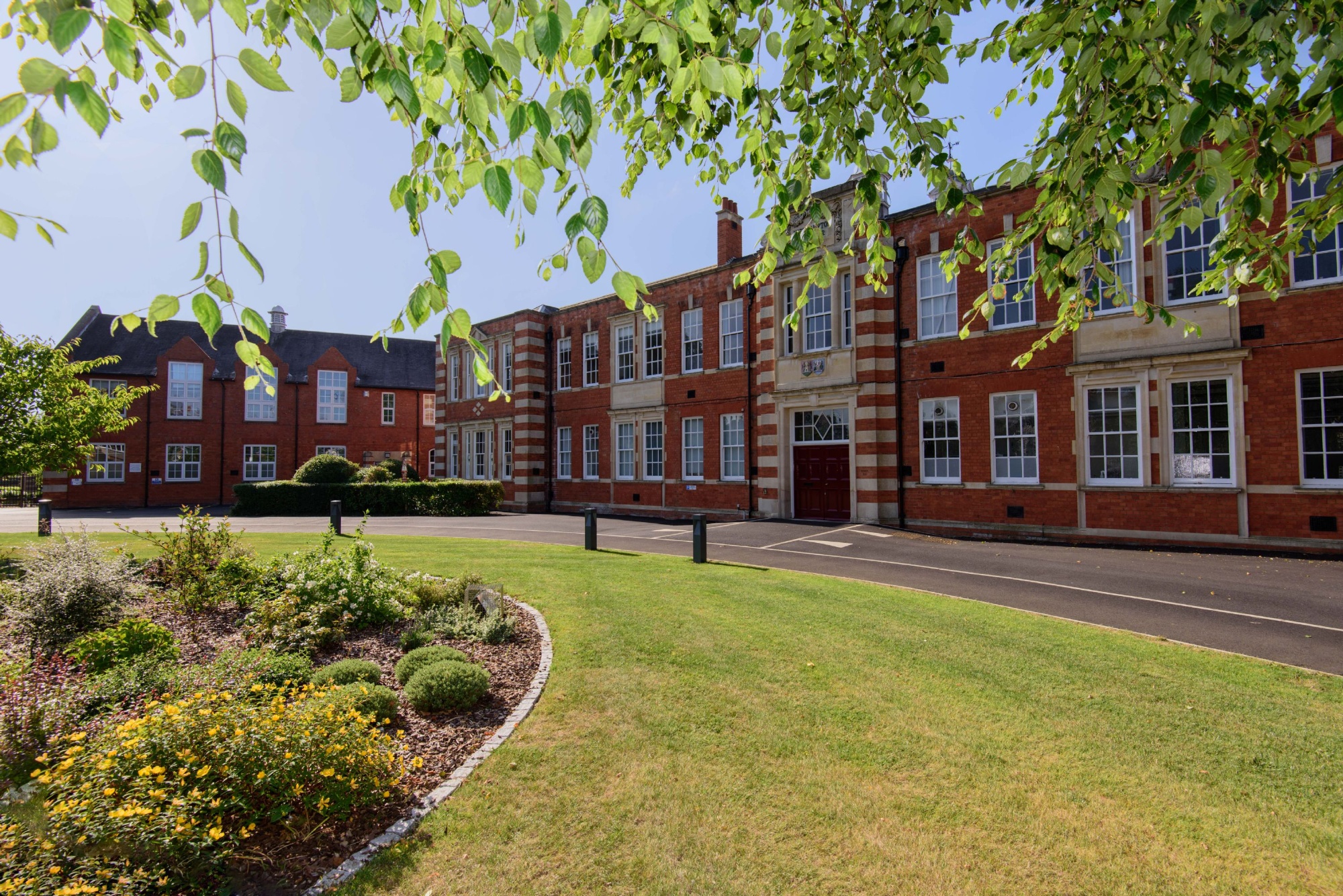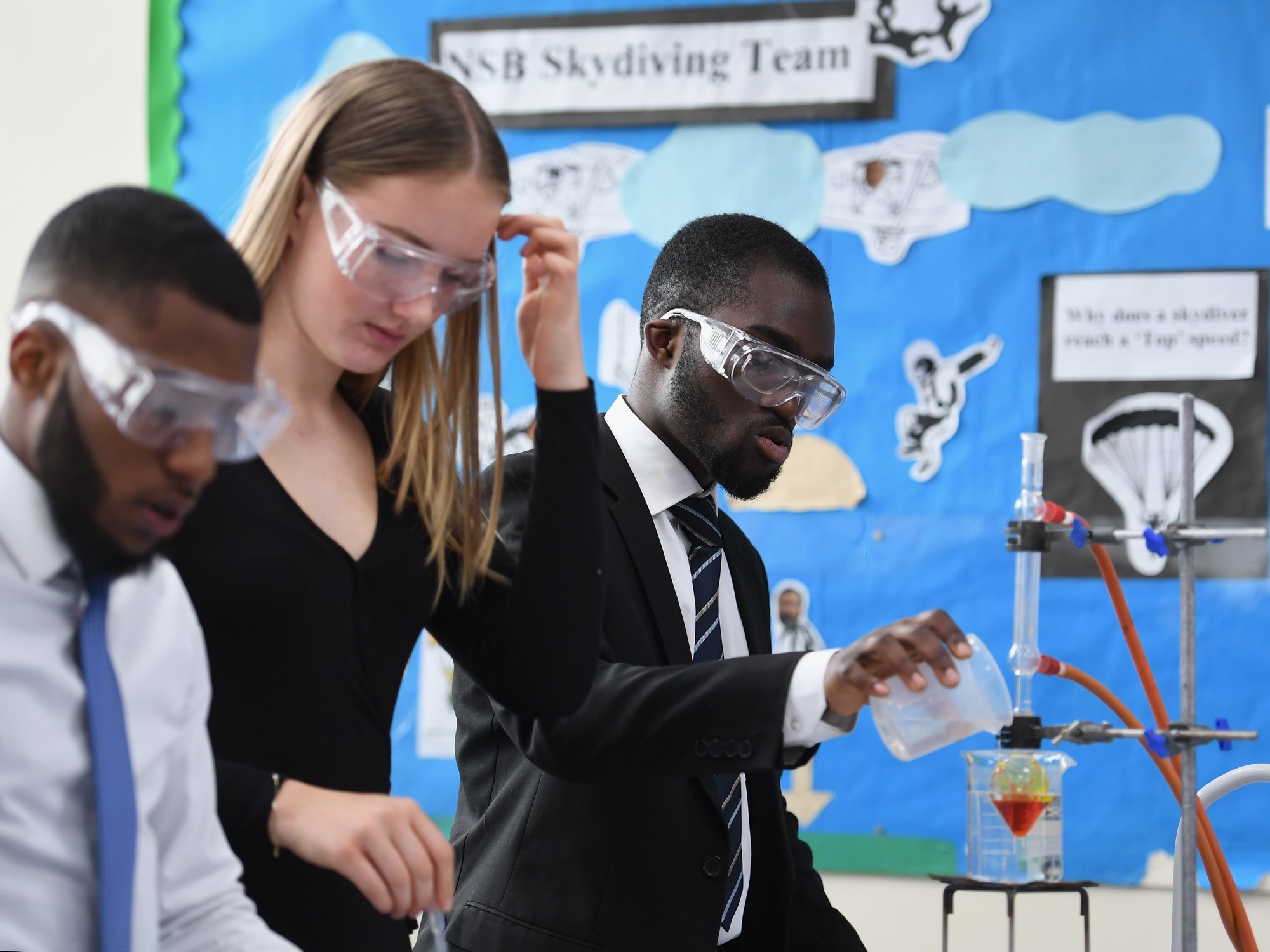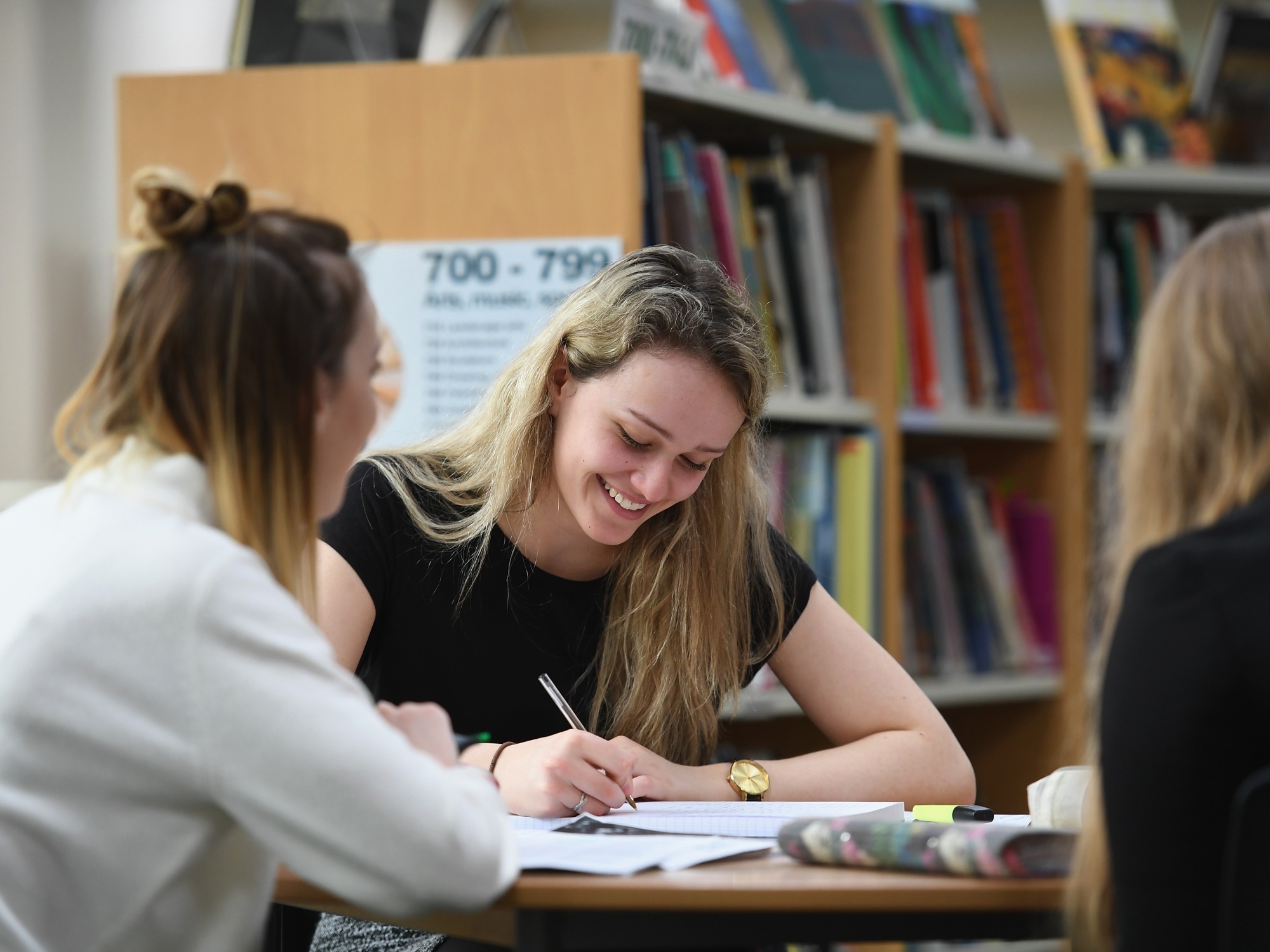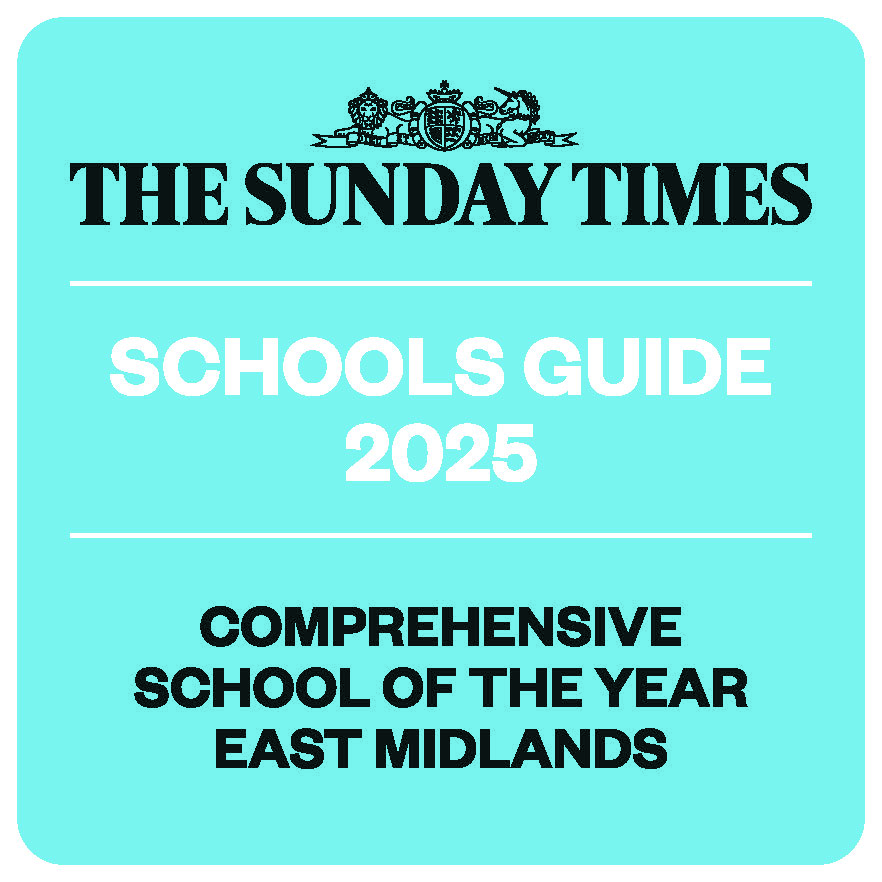Science
The Science facilities at Northampton School for Boys are housed in a purpose built block, opened by the Queen Mother in 1956. The facilities have been extensively extended and remodelled over the years. All 11 Science laboratories have been completely refurbished to our own designs since 2013 giving pupils a fantastic environment to work in. In addition, we are fully supported by two Prep Rooms and four Laboratory Technicians.
The Science curriculum aims to impart the essential knowledge that pupils need to be educated citizens in order to have a better understanding of the world around them. Our belief is that the best lessons are those that build Science capital by relating learning to what matters to pupils the most and links to their interests, aspirations and daily lives. We aim to identify threshold concepts and anticipate misconceptions in order for pupils to make better progress and make better sense of the world around them.
In Year 7 students embark upon a 5 year journey through Science up to GCSE but of course it is our hope that many of our students will progress to study more Science at A level and beyond. The curriculum pathway is linked to Harlen’s ‘Big Ideas’ of Science Education. The pathway is designed to make learning easier and to build a connected body of knowledge over time. These ‘Big Ideas’ are lenses by which we can make sense of the world around us and are a product of understanding a variety of concepts from the different topics studied within the curriculum.
During Years 7 to 9 students follow the Key Stage 3 Oxford University Press "Activate” course and in January of Year 9 they begin their science GCSEs.
All students study Science at GCSE with the highest performing students in Year 9 being given the opportunity to do Triple Science. Those doing Triple Science finish year 11 with GCSEs in Physics, Chemistry and Biology whilst those following the AQA Trilogy Science route achieve the equivalent of two GCSEs.
The AQA course that we use is taught in modules which last for about a month. These modules are designed to illustrate how science affects us in our everyday lives and then look at the science behind these observations. Skills in Biology, Chemistry and Physics develop as pupil’s progress through the course, returning to given scientific principles a number of times and building on previous understanding. There is good continuity from Key Stage 3 to GCSE with both courses being backed by Oxford University Press and their on line Kerboodle Resource where students can access all of the necessary resources.
In the Sixth Form Physics, Chemistry and Biology A Levels are taught.
The Physics students follow the Salters Horners course examined by EDEXCEL.
The Chemistry students follow the AQA course.
The Biology students follow the OCR course.
Key Stage 3 Science
Science is a core subject requiring four lessons per week in Year 7 and 8 and 5 lessons in Year 9. We use Oxford University Press resources. This course is written to the new KS3 syllabus and should better prepare students for the rigour of the Science GCSE.
Pupils have on-line access to the Activate Textbooks used in school along with many other electronic resources which are hosted on the Kerboodle platform accessible from home. Login details will be provided when pupils begin the course. The Activate textbook aims to develop key skills such as numeracy and literacy as well as developing pupil’s ability to work scientifically. The ‘fantastic facts’ add to the interest and are a good stimulus for questions both at home and in school.
The course covers the four main areas of science – Biology, Chemistry, Physics and Earth Sciences. The course is split up into topics with either a task or a test upon completion. Where there is a test this will form the basis of the termly report.
There is a significant element of practical work using Bunsen burners and other potentially dangerous equipment which means that safe and sensible behaviour is expected at all times. Some practical sessions are extended as investigations.
To check learning and understanding, supporting sites for each unit can be accessed through the internet e.g. www.bbc.co.uk/bitesize/KS3. The Activate textbook contains a useful summary for each section and end of chapter questions.
Year 7
| Biology 1 |
|---|
| Cells and Structure and Function of Body Systems |
In B1 you will discover what plants and animals are made of. You will also meet some tiny organisms that can only be seen under a microscope. You will explore how different structures work together to keep an organism alive
| Chemistry 1 |
|---|
|
Particles and their behaviour Elements, Atoms, Compounds and Reactions |
What is stuff made of? Everything is made up of chemicals - the food you eat, the plastic in your phone….and you!
In C1 you will learn about the atoms that make up everything on the Earth and beyond. You will explore how chemical reactions make vital materials and transfer energy for almost everything we do.
| Physics 1 |
|---|
| Forces, Sound and Space |
The first astronaut to walk on the moon, Neil Armstrong, looked back and saw the Earth as no-one else had ever seen it before.
In P1 you will learn about how you how sound waves behave. You will learn about the place of the Earth in the universe. You will also learn about the forces that keep you from falling through the floor and allow astronauts to stand on the moon.
Year 8
| Biology 2 |
|---|
| Reproduction, Ecosystems and Processes, Adaptation and Inheritance |
In B2 you will discover how new plants and animals arise through the process of reproduction. You will look at why organisms need energy to function effectively. Finally, you will investigate the differences that exist between organisms and why this is important for survival.
| Chemistry 2 |
|---|
| Acids and Alkalis, The Periodic Table, Separation Techniques |
In this unit you will explore chemical reactions between acids and alkalis and their importance in everyday life. You will learn how we separate mixtures and use chemical reactions to obtain the materials we need from the Earth and its atmosphere.
You will also explore patterns in chemical reactions. You will identify patterns in the properties of elements and learn how to use the Periodic Table to predict properties.
| Physics 2 |
|---|
| Light, Energy, Motion and Pressure |
In P2 you will learn about how you see and how light waves behave. You will learn why it is important to insulate a house and what you pay for when you pay your electricity bill. You will also find out how graphs can be used to tell a story and how forces explain gas and pressure.
Year 9
| Biology 3 |
|---|
|
Health, Adaptations, Interdependence and Competition Organising an Ecosystem, Biodiversity and Ecosystems |
In B3 you will compare the effects of healthy and unhealthy lifestyles on your body. You will look at why organisms need energy to function effectively. You will then look at how organisms rely on each other for survival and the impacts of climate change on biodiversity and ecosystems.
| Chemistry 3 |
|---|
|
Metals and Acids, Chemical Analysis Earth: Resources and Atmosphere |
In this unit you will learn about the reactivity series and explore the differences between the reactions of metals. You will discover the structure of the Earth and the rocks that make up the crust before turning your attention to the gases that make up the Earth’s atmosphere and the changes that have occurred over time
| Physics 3 |
|---|
| Electricity and Magnetisms, Conservation and Dissipation of Energy, Energy transfer by heating, Energy resources |
In P3 you will discover how electric circuits work and the different ways electricity can be generated. You will explore the different energy stores and how energy can be transferred between them, learning to use your mathematical skills to calculate energy.
Key Stage 4 - GCSE
Double Award Subject content - Specification
Pupils who do not express a preference for Triple Science are automatically entered for Science and achieve the equivalent of two GCSE’s.
| Biology |
|---|
In Year 10 you study: Cell biology, Organisation, Infection and response, Bioenergetics. In year 11 you will study: Homeostasis and response, Inheritance, variation and evolution & Ecology.
| Chemistry |
|---|
In Year 10 you study: Atomic structure and the periodic table, Bonding, structure, and the properties of matter, Quantitative chemistry. In year 11 you will study: Chemical changes, Energy changes, The rate and extent of chemical change, Organic chemistry Chemical analysis, Chemistry of the atmosphere.
| Physics |
|---|
In Year 10 you study: Energy, Electricity, Particle model of matter, Atomic structure, Forces, Waves. In Year 11 you will study: Magnetism and electromagnetism.
Double Award Assessment
Assessment by means of 6 exam papers: paper 1 and paper 2 for Biology, Chemistry and Physics.
Paper 1:
What's assessed Topics 1 – 4:
How it's assessed?
Written exam: 1 hour 15 minutes
Foundation and Higher Tier • 70 marks • 16.7 % of GCSE
Questions Multiple choice, structured, closed short answer, and open response.
Paper 2:
What's assessed Biology topics 5 – 7
How it's assessed?
Written exam: 1 hour 15 minutes
Foundation and Higher Tier • 70 marks • 16.7 % of GCSE
Questions Multiple choice, structured, closed short answer, and open response.
Further information can be found on the specification which can be downloaded from: http://www.aqa.org.uk/subjects/science/gcse/combined-science-trilogy-8464
Triple Award Science
This preference means students achieve three separate GCSEs in Biology, Chemistry and Physics.
Pupils study the three Science subjects separately with different teachers and cover further more challenging work in Physics, Chemistry and Biology. There is no coursework or controlled conditions assessment but pupils will need to complete a number of core practicals.
As with Science, successful completion of the course provides an excellent base for continuing with one or more of the separate Sciences at Advanced Level.
To be considered for Triple Science pupils will need to have demonstrated capability - through the end of Year 9 exam and/or in the termly tests during Year 9.
| Physics |
|---|
Subject content - Specification
In Year 10 you will study: Energy, Electricity, Particle model of matter, Atomic structure and Forces.
In Year 11 you will study: Waves, Magnetism and electromagnetism and Space physics.
Physics Assessment
Paper 1:
What’s assessed Topics 1 – 4: Energy; Electricity; Particle model of matter; and Atomic structure.
How it’s assessed • Written exam: 1 hour 45 minutes • Foundation and Higher Tier • 100 marks • 50 % of GCSE Questions Multiple choice, structured, closed short answer and open response.
Paper 2:
What’s assessed Topics 5 – 8: Forces; Waves; Magnetism and electromagnetism; and Space physics. Questions in Paper 2 may draw on an understanding of energy changes and transfers due to heating, mechanical and electrical work and the concept of energy conservation from Energy and Electricity.
How it’s assessed • Written exam: 1 hour 45 minutes • Foundation and Higher Tier • 100 marks • 50 % of GCSE Questions Multiple choice, structured, closed short answer and open response.
Further information can be found on the specification which can be downloaded from: http://www.aqa.org.uk/subjects/science/gcse/physics-8463
| Chemistry |
|---|
Subject content - Specification
In Year 10 you will study: Atomic structure and the periodic table, bonding, structure, and the properties of matter, Quantitative chemistry, Chemical changes.
In Year 11 you will study: Energy changes, The rate and extent of chemical change, Organic chemistry, chemical analysis & Chemistry of the atmosphere.
Paper 1:
What's assessed Topics 1 – 5: Atomic structure and the periodic table; Bonding, structure, and the properties of matter; Quantitative chemistry, Chemical changes; and Energy changes.
How it's assessed • Written exam: 1 hour 45 minutes • Foundation and Higher Tier • 100 marks • 50 % of GCSE Questions Multiple choice, structured, closed short answer and open response.
Paper 2:
What's assessed Topics 6 – 10: The rate and extent of chemical change; Organic chemistry; Chemical analysis, Chemistry of the atmosphere; and Using resources.
How it's assessed • Written exam: 1 hour 45 minutes • Foundation and Higher Tier • 100 marks • 50 % of GCSE Questions Multiple choice, structured, closed short answer and open response.
Further information can be found on the specification which can be downloaded from: https://www.aqa.org.uk/subjects/science/gcse/chemistry-8462
| Biology |
|---|
Subject content - Specification
In Year 10 you will study: Cell biology, Organisation, Infection and response and Bioenergetics.
In Year 11 you will study: Homeostasis and response, Inheritance, variation and evolution & Ecology.
Paper 1:
What’s assessed Topics 1 – 4: Cell biology; Organisation; Infection and response; and Bioenergetics.
How it’s assessed • Written exam: 1 hour 45 minutes • Foundation and Higher Tier • 100 marks • 50 % of GCSE Questions Multiple choice, structured, closed short answer and open response.
Paper 2:
What’s assessed Topics 5 – 7: Homeostasis and response; Inheritance, variation and evolution; and Ecology.
How it’s assessed • Written exam: 1 hour 45 minutes • Foundation and Higher Tier • 100 marks • 50 % of GCSE Questions Multiple choice, structured, closed short answer and open response.
Further information can be found on the specification which can be downloaded from: http://www.aqa.org.uk/subjects/science/gcse/biology-8461
Sixth Form - A Level
| Chemistry |
|---|
Specification
You will follow the AQA A Level Chemistry curriculum. In Year 12 & 13 you will study the three branches of Chemistry, physical, inorganic and organic. In Year we hope you gain a more in depth understanding of ideas covered at GCSE such as atomic structure, quantitative Chemistry and bonding. You will also be introduced to new concepts such as reaction mechanisms and naming organic functional groups.
In Year 13 you will learn about electrochemistry, buffers & acids, and gain a deeper understanding of transition metal chemistry. There is also more advanced work on rates of reaction and you will be introduced to a much wider range of organic reactions and mechanisms.
| Biology |
|---|
Specification
During Year 12 you will study: Development of practical skills, Foundations in Biology, Exchange and transport, Biodiversity, evolution and disease.
During Year 13 you will study: Communications, homeostasis and energy, Genetics, evolution, and ecosystems.
| Physics |
|---|
Specification
In Year 12 you will cover two Units which include the topics: Waves, Electricity, Force and Motion, Properties of solids and Quantum effects.
In Year 13 you will study another two units which include the topics: Electromagnetism, Communications, Particle Physics and Space.
Across both Y12 and Y13 you will carry out a wide range of practical activities to develop you investigative skills including planning, graph drawing and analysing results.
Please contact the school if you would like to find out more about the curriculum.
Science Team
| Curriculum Team Leader - Mr D. Hodgson |
| Mr P. Loughney |
| Mr M. McKie |
| Mrs R. Unitt |
| Mr P. Riches |
| Mr C. Crooke |
| Ms A. Steele |
| Ms P. Leech |
| Mr T. Winfield |
| Mr N. Collins |
| Miss L. Watts |
| Mrs S. Stevenson |
| Mr C. Blanch |
| Miss H. Sneddon |
|
Mrs R. Daniels - Senior Technician |
| Mr J. Perkin - Science Technician |
| Mrs Y. Hackett - Science Technician |
| Mr H. Jones - Science Technician |

